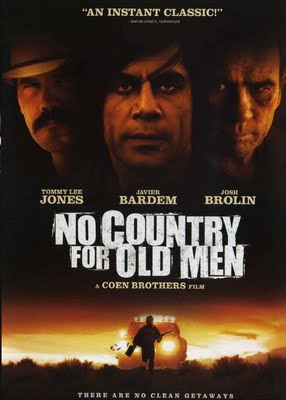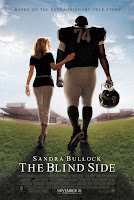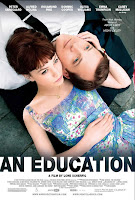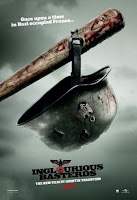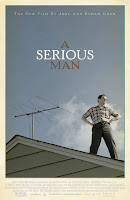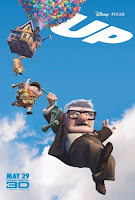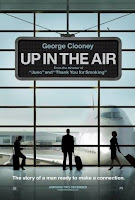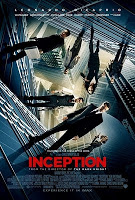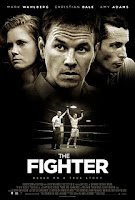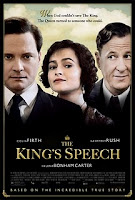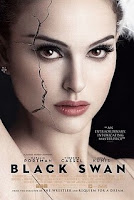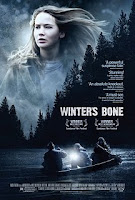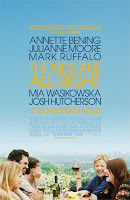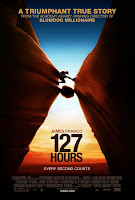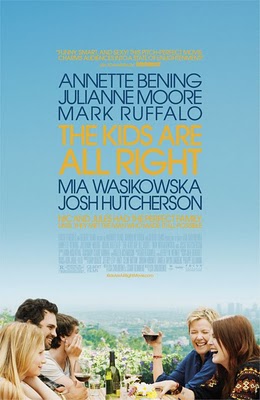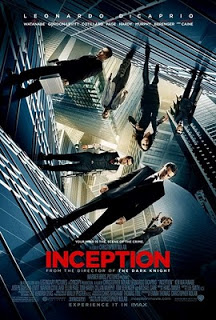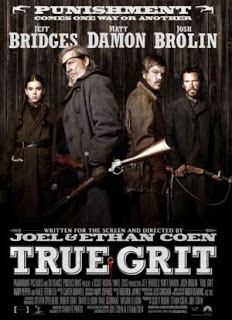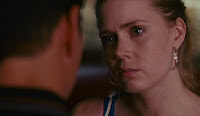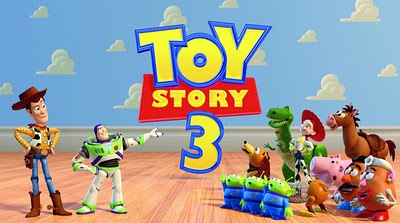 |
| Best Picture Oscar Winner, No Country For Old Men |
Cormac McCarthy doesn’t understand women.
Statements like this are responsible for the ever-growing dent in my desk and the permanent lump on my forehead. McCarthy is a very highly respected writer. He’s won the Pulitzer Prize. He’s a MacArthur Fellow. He’s been compared to Faulkner, Joyce, and Melville. Can you even imagine a female writer garnering such acclaim without writing a single prominent male character, and then telling Oprah, “I don’t pretend to understand men”?
The Coen brothers, happy to say, make no such nonsense generalizations about 50% of humankind. Not only did they create one of my favorite female characters of all time in one of my favorite movies of all time–Frances McDormand’s Best-Actress-Oscar-winning turn as Marge Gunderson in 1996’s criminally non-Best-Picture-winning Fargo–but they often portray prominent female characters in their films: notably in Blood Simple, Raising Arizona, Burn After Reading, and last year’s True Grit.
The union of Cormac McCarthy and the Coen brothers is, aesthetically and thematically, an excellent idea. No Country For Old Men the novel, with its sparse and evocative prose, reads like a treatment for a Coen brothers film. Violence, greed, fate, and the average joe who gets caught up in criminal activity are all recurring Coen motifs, even if the unremitting bleakness leaves almost no room for their characteristic gallows humor. However, as Ira Boudway’s Salon review puts it, in the novel’s milieu “[w]omen exist mainly to show primordial attraction and inarticulate loyalty toward men; men are more at ease sawing off shotgun barrels or dressing their own bullet wounds than they are in the presence of women, children or their own emotions.”
That’s as true of the film as it is of the book. In McCarthy’s portrayal of rural West Texas, 1980, women are receptionists, secretaries, loyal wives, and not much else. A handful of women make single-scene appearances in this movie to serve coffee or give motel room keys to the three main characters: average joe Llewelyn Moss (Josh Brolin), old Sheriff Ed Tom Bell (Tommy Lee Jones, sporting a permanent worried frown that makes you want to hug him and feed him Snausages), and serial killer Anton Chigurh (a spine-tingling Javier Bardem). The only woman who really has something to do in the film is the wonderful Kelly Macdonald, whom you can witness being wonderful to the max in the terrific Boardwalk Empire (roll on fall!).
Of course, when I say “something to do,” I mean “a grand total of ten minutes’ screentime, all of it oriented to onscreen husband Brolin.” As Carla Jean Moss, Macdonald bears an expression of chronic worriment to rival Jones’s, and almost all of her scenes require her to do nothing more than fret at Brolin, asking him for guidance or expressing concern for his safety.
In a way, Carla Jean ties the film together, but she does so solely in terms of the male characters: she is the only character to share screentime with all three of the main characters (who never appear onscreen together). Occasional hints are dropped regarding her life outside of the men–“I’m used to lots of things. I work at Wal-Mart”–but, frustratingly, these are not expanded in any way. Only in her final scene does she talk about something other than Llewelyn.
Those three main characters are all men with a mission. Llewelyn’s mission is as simple as staying alive: stumbling on the scene of a drug deal gone kaput, he swipes a satchel full of cash, and in that singularly ill-thought-out action of basic greed he finds himself a hunted man, pursued by the chillingly ruthless and single-minded Chigurh. He in turn is hunted by Sheriff Bell, who is haunted by an existential crisis born of his age and sense of his own mortality. Of the three, only Chigurh operates within a clear and unambiguous moral code. Bell feels overwhelmed by the unremitting violence of his county and plans to retire, and Llewelyn dooms himself with an act of kindness (returning to the scene of the drug deal to help the wounded man who had earlier begged him for water, thus gaining the attention of his pursuers); Chigurh, though, shows no weakness or indecision, but complies fully with a set of inflexible rules.
In perhaps the movie’s most famous scene, Chigurh asks a too-observant store owner, “What’s the most you ever lost on a coin toss?” When the owner calls the toss correctly, the hitman abides by the coin’s ruling and lets him live. By allowing external cues–the sound of a toilet flushing, the ringing of a phone, the result of a coin toss–to determine his actions, Chigurh presents himself as an instrument of fate. In fact, he can be read as the personified figure of Death itself, hunting down his victims with absolute implacability, killing or sparing them on the basis of chance outcomes that invoke chaos theory and the many-worlds interpretation of quantum mechanics.
Over the phone, Chigurh offers Llewelyn a deal: “You bring me the money, and I’ll let [Carla Jean] go. Otherwise she’s accountable, same as you.” Even after Llewelyn is dead and the money has been recovered, Chigurh’s moral code demands that he honor the terms of this deal, and he hunts down Carla Jean.
If Chigurh is, as I read him, not Death itself but a man who believes he is enacting the works of Death on earth, then Carla Jean is the one character to call him out on this. Llewelyn, the store owner, bounty hunter Carson Wells (Woody Harrelson)–all operate within Chigurh’s framework, trying to trick him or compromise with him, accepting the rules he gives them: “You need to call it. I can’t call it for you. It wouldn’t be fair.” Only Carla Jean refuses to engage, declining to call the coin toss and telling him, “It’s not the coin [that determines your actions]. It’s just you.” It’s a fascinating glimpse into her character, which remains frustratingly underdeveloped, because recognizing the arbitrary nature of the rules does not free her from them.
The film’s final scene is of now ex-Sheriff Bell talking to (or possibly at) his wife Loretta over breakfast, aimless in his retirement. He describes his dreams of his late father, who “was goin’ on ahead and he was fixin’ to make a fire somewhere out there in all that dark and all that cold, and I knew that whenever I got there he would be there. And then I woke up…” His world has no place for an older man, for a sense of morality or law as he knows it. He might well be asking himself the question Chigurh asks of Wells, moments before killing him: “If the rule you followed brought you to this, of what use was the rule?”
Fargo ends similarly, after all the action and thrills are played out, with a moment of intimacy between law officer and spouse. The tone of the two endings, however, could hardly be farther apart: Ed Tom Bell ends No Country a defeated man, adrift in a harsh and incomprehensible world, with death the only blessing on his horizon; Marge Gunderson ends Fargo smiling, sharing in her husband’s little triumph, and saying, “Two more months.” Fargo offers hope and redemption for humanity in the suggestion that there is indeed more to life than a little money, whereas the philosophy of No Country For Old Men is summed up by an old white man complaining bitterly about “the money, and the drugs…[and] children[…]with green hair and bones in their noses.”
Max Thornton is about to move halfway across the world to be a grad student. She writes words at Gay Christian Geek.
